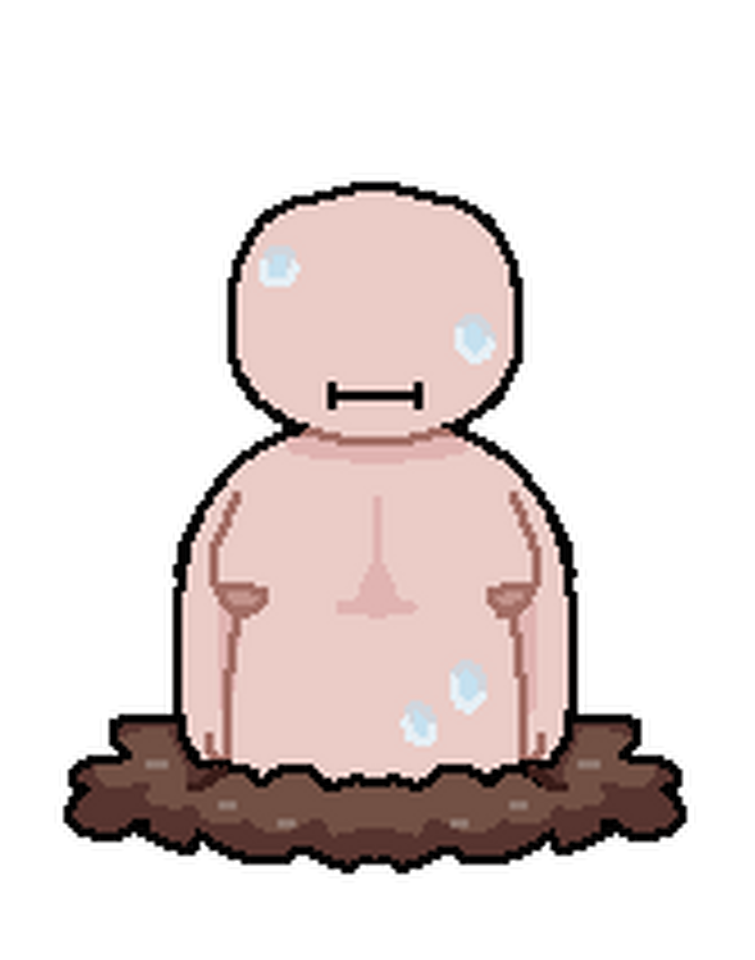I’m only really interested in books written in the last 30 years and ones that are accessible to complete newbies. Thanks!
“Black Shirts and Reds” by Michael Parenti for some history on communism, though it’s also largely about the history of facism as well.
There are a few ways you can go about this. I’m going to assume that the 30 years thing is because you think these will be easier to read. It could also be because you’re more interested in more ‘current’ affairs but you asked about the history, too.
The method of Marxism-Leninism is dialectical and historical materialism. One of the difficulties is not just the archaic language of older works, but the theoretical ‘jargon’ in older and newer works.
On the one hand, the language becomes more accessible the more you read it—but that’s not very helpful! So it can be difficult starting with the theoretical texts, even newer ones. On the other hand the concepts that are being discussed by that difficult language also become more accessible the more you see them. And this can be helpful.
Because it means if you read texts that don’t use the jargon, you can still start to get a real grasp of what Marxism looks like and how it works. Then when you read the more theoretical work, the jargon just helps you to see what’s been happening ‘behind the scenes’ a little more clearly.
Which means your best bet for accessible texts about Marxism is reading well-written texts that do or apply dialectical and historical materialism, rather than explain it. Three authors in particular spring to mind. David Harvey, Michael Parenti, and Vijay Prashad.
Harvey, Rebel Cities, shows how Marxism works. And the best thing for new Marxists—you won’t even know. As far as I remember, he only uses jargon if he first explains it clearly, with a clear, everyday example. (Even then, I think he’s more explaining concepts than ‘using jargon’). Take what he says about China with a pinch of salt.
His Introduction to Capital is good, too, but it’s a transcript of his lecture series (on his YouTube channel). Save this till later. You can watch the first couple of videos but then pause and come back to it when you’re ready to read Capital alongside the lectures. Then get a copy of Harvey’s Introduction to read through relevant parts as slowly as you need to if things are unclear.
I really liked Prashad’s Red Star Over the Third World. It’s short and clear.
Parenti is a very clear writer (and speaker). Engaging, too. Doesn’t use any jargon. You won’t even know he’s a Marxist. He just ‘does’ Marxism, without letting you know what he’s doing most of the time. I like his two books on media best. Inventing Reality, about news media. And Make-Believe Media, about entertainment media.
If you read Rebel Cities, Red Star Over the Third World, Inventing Reality, and Make-Believe Media you will learn a lot about how the world works and a lot about how Marxism works. Then, with this framework, you can read some of the more explicit ‘theory’ books.
For the first one of those, I recommend Bertell Ollman, Dance of the Dialectic: Steps in Marx’s Method. Self explanatory title. You could start with the last chapter, on Japan, to get a feel for Ollman’s style while doing a similar kind of thing to Parenti, Prashad, and Harvey before starting at the beginning where he unpacks and explains the Marxist method.
Next, if you agree that the west stopped advancing around the millennium, we might generously say that the 70s are still within the thirty-year time limit. If you can accept that shaky logic and then agree that a book first published in 1952 and reprinted in 1972 counts, Maurice Cornforth’s three-part series would be an excellent choice: Vol 1, Dialectical Materialism, Vol 2, Historical Materialism, and Vol 3, Theory of Knowledge. Just read the first two for now. They’re called ‘volumes’ but they’re very short.
Afterwards, Immanuel Wallerstein’s Historical Capitalism and Ellen Meiksins Wood’s The Origins of Capitalism: A Longer View will likely help you to develop a more nuanced view of the history of capitalism, and thus a more subtle view of communism and Marxist theory.
Alongside this, there are some podcasts that will help you to understand what you’ve asked about. I’m going to suggest Proles of the Roundtable and Revolutionary Left Radio as the two podcasts that really helped me. There are others. You’ll want to focus on the episodes about particular topics, such as art, Cuba, or the USSR. You can listen to the ones explicitly about historical and dialectical materialism, theory, method, etc, later, at the same time and stage that you get to Ollman.
Others may recommend some of the more ‘theory’ based podcasts but I’d avoid these for now. You’ve asked about accessible literature and as good as the podcasts that explain theory are, I don’t think they’re what you’re looking for right now. They still assume a more than elementary knowledge of theory. Save these for later.
You can also always ask questions about what you’re reading and I or someone else might be able to help explain something in different words.
Does this help? I’m hoping it doesn’t seem to intimidating. Take your time!
Oh wow! This is a great answer. Thank you for taking the time to write it out. It definitely helps.
You’re welcome.
Principles of Communism by Engels is old but it’s actually a very easy and straight forward read. It’s quick too. He lays it out in a Q&A format that covers basically all basic questions we all had starting out. It’s so easy to digest that I actually recommend that over the Manifesto, and alongside Blackshirts and Reds as the latter covers communism’s history which I think is pretty important as well.
hey! everybody has to start somewhere, and there is no definite introductory book that will suit every person, but to be broad, you can divide Marxism into its philosophy, and its economics. To start with Marxist philosophy of historical materialism and dialectical materialism, few introductory topics might be
- Socialism: Utopian and Scientific- Engels
- The German Ideology- Marx
- Critique of Gotha- Marx
- Dialectical and Historical Materialism- Stalin
for introduction to Marxist economics, the first volume of Kapital will usually cover everything, but to start things off, you can read the shorter (20-30 pagesish) works by Marx, Wage/Labour/Capital, and Value/Prices/Profit. Both of these lay the foundations of Kapital and the mode of production as found in capitalism
David Harvey has an introductory course which consists of solely understanding kapital, which can be found here- https://davidharvey.org/
Foundations of Leninism- Stalin; What is To Be Done (Lenin); State and Revolution (Lenin) for basic socialist theory in Marxism-Leninism
history has to be understood in its context, and to understand the history of communism, you’ll have to understand communist revolutions throughout the world, now that depends on whether you want to study the July-26 movement in Cuba, the Bolshevik Revolution, the Chinese revolution, etc. I’d say focus on the particular history of each country after the basics of philosophy is understood!! Have fun and good luck :)
Edit- didn’t see the 30 year thing, may I know your reasoning behind it?
!communism@lemmygrad.ml has a good study guide pinned, but here’s another good list: https://dessalines.github.io/essays/dessalines_marxism_study_plan.html
This should be pinned
Done.
My bad, sorry!
No, I mean this should be a pinned question in the sidebar, because it’s so good. I bookmarked it so I can order the suggested books.
Oh! I thought it must have been asked a million times before!
Fee free to call out this comment for not being explicitly Marxist enough, I can delete this comment, but Thomas Pikkety’s Capital in the 21st century really changed my perspective on China at a pivotal point in my political evolution






